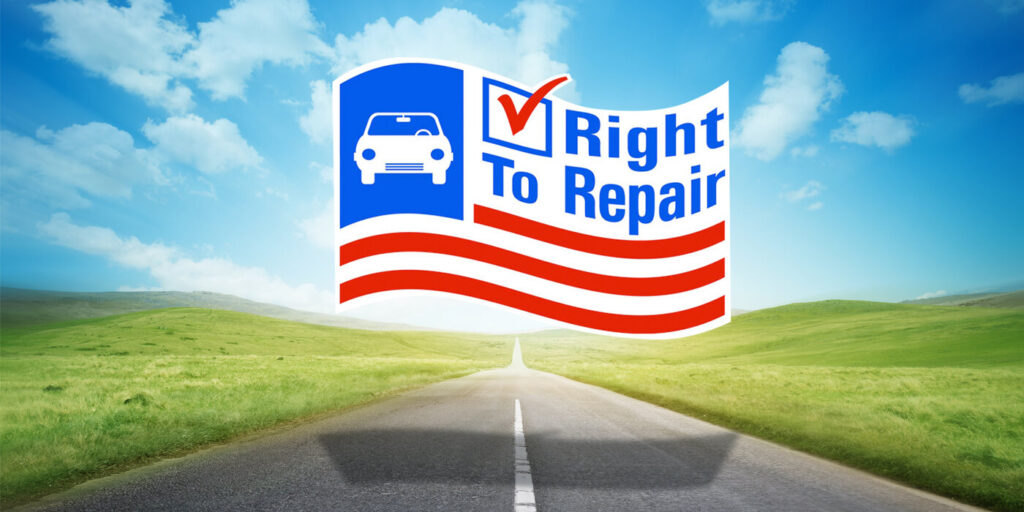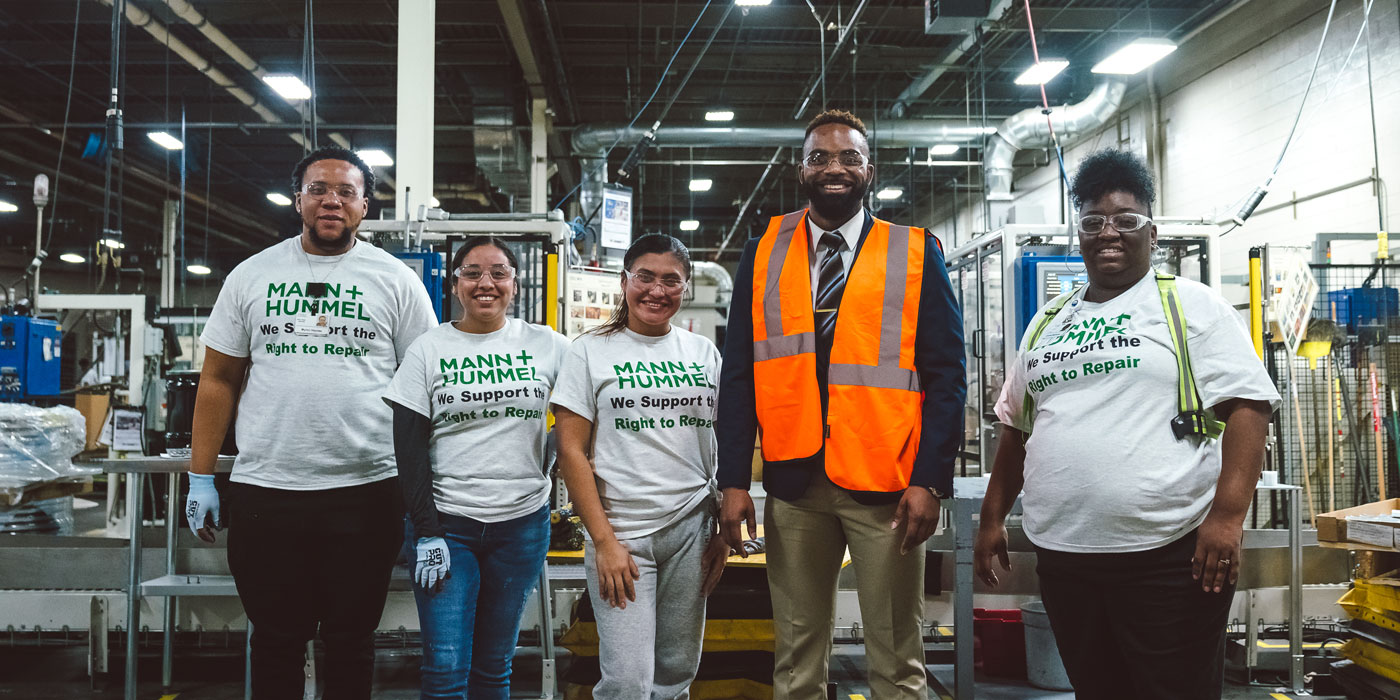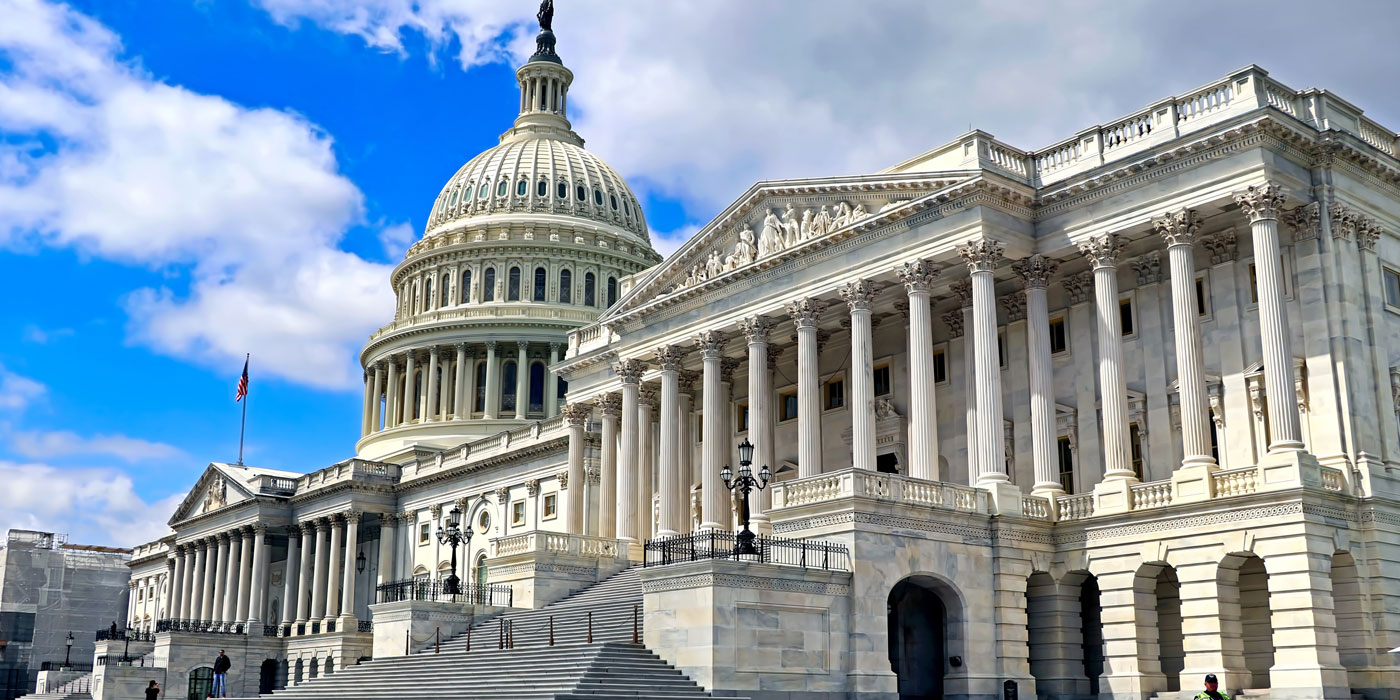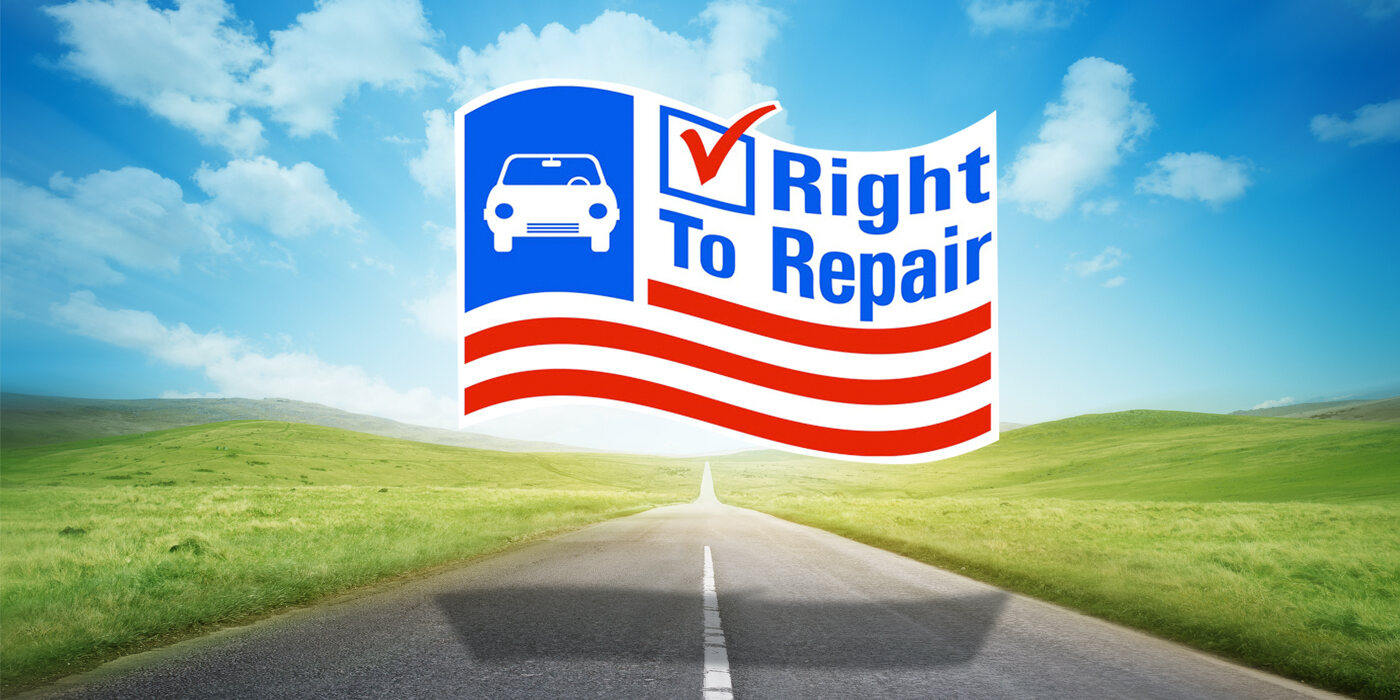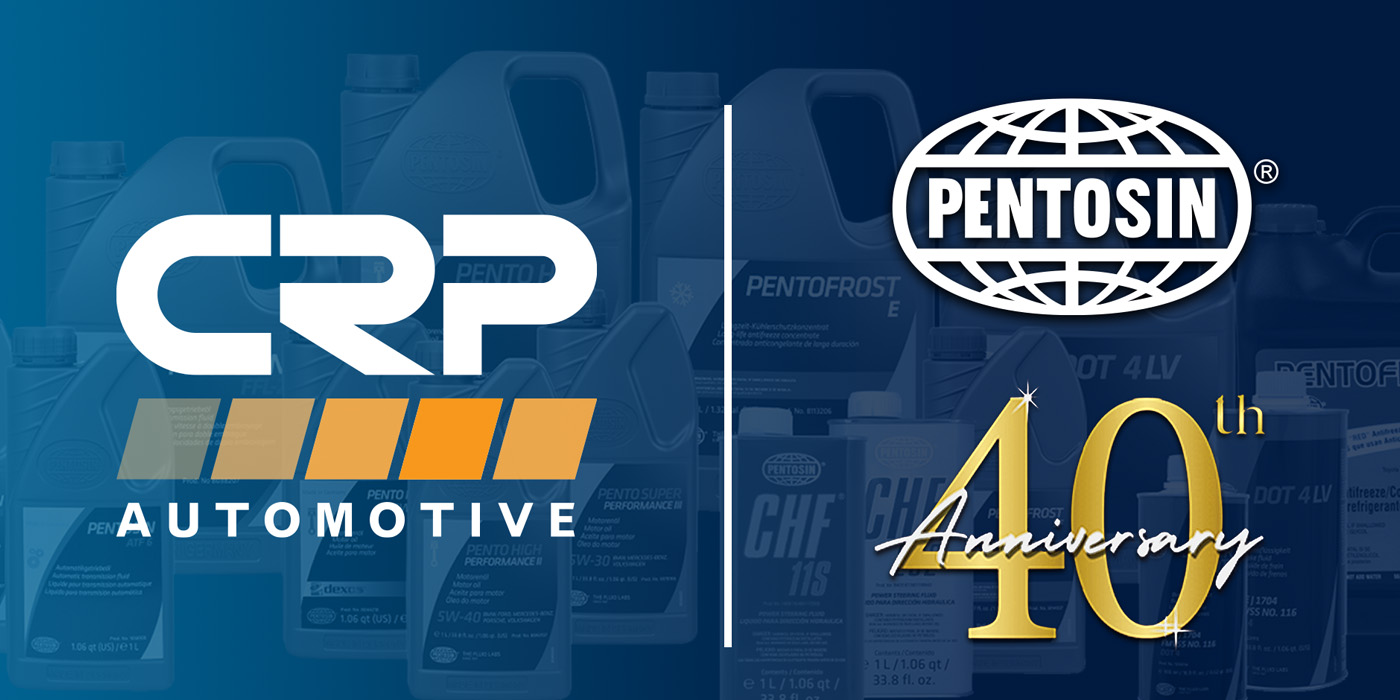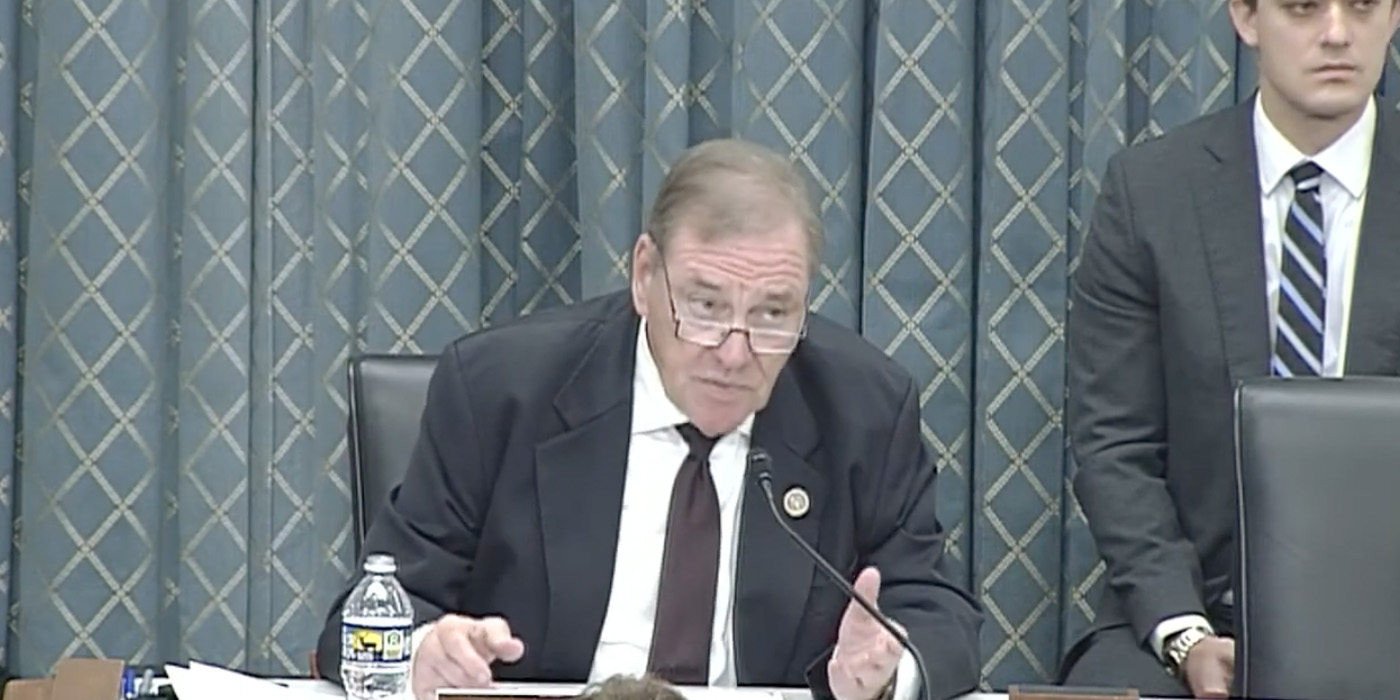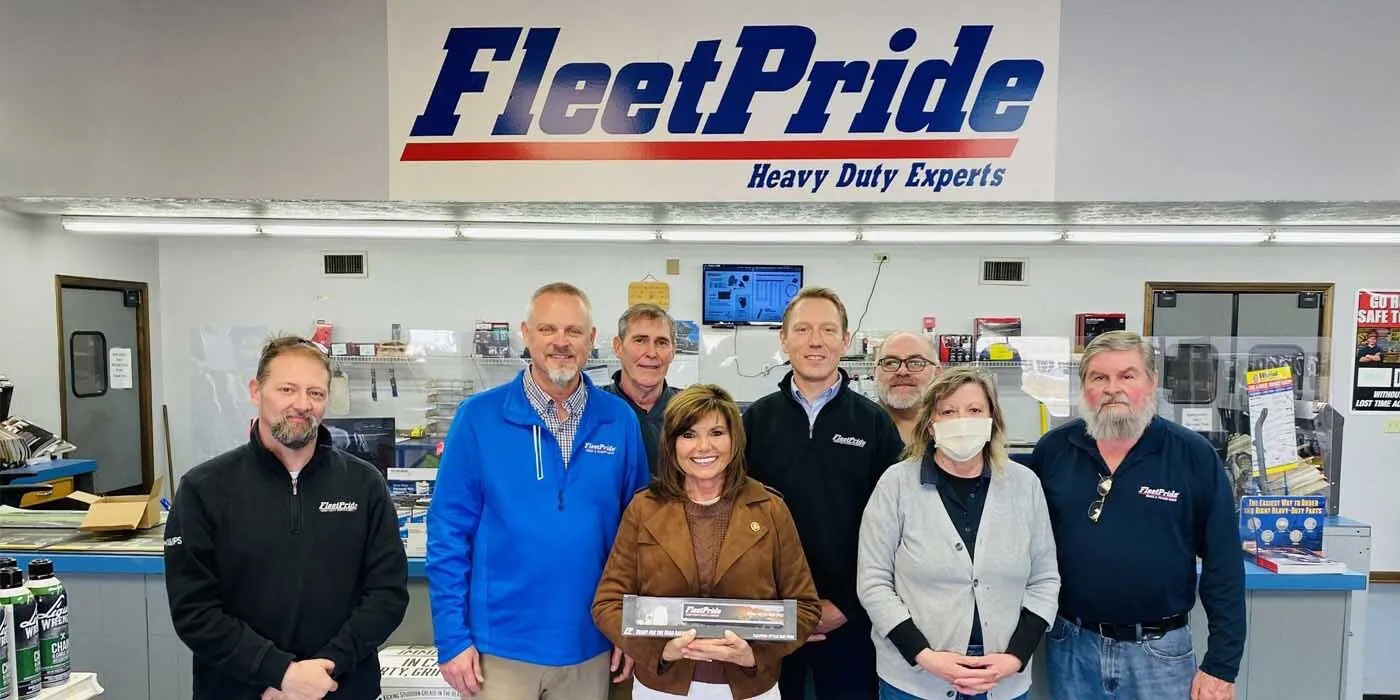The Automotive Service Association, the Society of Collision Repair Specialists and the Alliance for Automotive Innovation have sent a letter to Congress reaffirming their commitment to a 2014 national agreement on automotive Right to Repair.
The organizations represent the nation’s independent repair facilities, auto body shops and leading automakers, respectively.
In the letter, the organizations reaffirm their agreement on the 2014 memorandum of understanding, “and commit that independent repair facilities shall have access to the same diagnostic and repair information that auto manufacturers make available to authorized dealer networks.”
In an attachment to the letter, the organizations reiterate: “There shall be available for purchase by owners of motor vehicles and by independent repair facilities on fair and reasonable terms the same diagnostic and repair information, including service manuals and technical repair updates, that a manufacturer makes available to its authorized dealers through the manufacturer’s internet-based diagnostic and repair information system or other electronically accessible repair information system.”
In the letter to member of Congress, the repairers and automakers also wrote: “This commitment was created with our mutual and valued customers in mind: vehicle owners. It affirms that consumers deserve access to safe and proper repairs throughout a vehicle’s lifecycle [and] it is built to last because it anticipates changes in automotive technologies and market evolutions.”
Highlights of the agreement include:
Access to diagnostic and repair information – Independent repair facilities shall continue to have access to the same diagnostic and repair information that auto manufacturers make available to authorized dealer networks. This applies to:
- Telematics data needed to diagnose and repair a vehicle if not otherwise available;
- All vehicle technologies and powertrains, including gasoline, diesel, fuel-cell, electric battery, hybrid and plug-in hybrid electric powertrains.
Education and training – A pledge to work together on education and training programs so mechanical and collision repair facilities are fully aware of exactly where and how to obtain repair information,including:
- Directly through an automaker’s repair website;
- Shared access points like www.OEM1Stop.com;
- Via third-party information providers, software and tools.
Future advancements – As vehicle technologies and the corresponding demands on repairers evolve, the commitment ensures a level playing field and a forum to discuss future repairer needs as they develop.
Repairers and Automakers ‘In Lockstep’
As state legislatures and Congress consider automotive Right to Repair laws, including the REPAIR Act, the parties noted: “…independent repairers and automakers are not at odds on automotive data access, but rather in lockstep on this fundamental principle: Consumers should have choice when it comes to repair options and the ability to have their vehicle serviced in well-equipped shops by well-trained technicians anytime, anywhere, anyplace.”
The organizations note that independent repair facilities perform 70% of post-warranty vehicle repairs today, while automakers’ own certified collision networks are comprised of shops that are more than 70% non-dealer owned.
“Automakers support Right to Repair, and today’s independent auto repair market is working well with lots of competition,” said John Bozzella, president and CEO of the Alliance for Automotive Innovation. “Auto repairers across the U.S. have access to the same repair and diagnostic information provided to auto dealers. It’s not just automakers who say this. It’s the Federal Trade Commission. And with today’s agreement; it’s also the thousands of independent auto repairers and small businesses in all 50 states who together with automakers have once again made this fundamental commitment to customers.”
In the letter, the organizations note that the Federal Trade Commission “has rightfully placed a focus on the repair options available to consumers for all the products they purchase – far beyond just automobiles.” The agency has highlighted automotive repair “as a model for other industries to follow.”
“Consumers should absolutely be able to choose quality repairs, performed in accordance with the specific procedures detailed by the vehicle engineers,” said Amber Alley, chairman of the Society of Collision Repair Specialists, and manager of Barsotti’s Body and Fender in San Rafael, California. “They should have the right to be able to do so in an independent repair facility that has invested in the training, equipment and skillset development to meet the rigorous demands of sophisticated, modern vehicles. This expectation is achievable, and consumer options for repairs are not limited by automakers; quite the contrary. Consumers should have the right to a proper and safe repair, and this agreement reinforces the commitment that the entire industry will have the ability to train, equip their facilities, and perform repairs as intended by the vehicle engineers.”
‘Agreement Falls Short’
In a statement, MEMA Aftermarket Suppliers called the agreement “a step in the right direction to ensure that consumers are protected.” However, the pact “falls short of all the protections necessary to ensure consumer choice now and into the future for all parties, not only signatories of the pact.”
“As a transportation industry, we believe that we have one opportunity to pass federal legislation and that legislation must include the ability to prioritize and protect consumers’ access to both light-duty and heavy-duty vehicle repair and maintenance through all iterations of vehicle technology on the road today and to come,” MEMA Aftermarket Suppliers added.
The association asserted that Right to Repair legislation must include:
- All vehicles in operation – light-duty, medium-duty and heavy-duty
- Access to telematics and diagnostics data beyond that available just through the OBD II port
- An enforcement mechanism
- The ability for independent repair shops, using bi-directional communication, to update vehicles and parts to the latest software
- Addressing the risk of repair monopolies
- Language to protect consumers’ access to both light-duty and heavy-duty vehicle repair, maintenance and parts of their choosing through all iterations of vehicle technology on the road today and to come
“The agreement does advance the conversation around right to repair and consumer choice, but if automakers and repair shops are prioritized over consumers, fair competition and a free market would not be realized,” the association said. “As a key stakeholder in protecting consumers’ rights and an essential part of the value chain, MEMA Aftermarket Suppliers must be a part of the conversation.
MEMA Aftermarket Suppliers welcomes the opportunity to work with all parties to align on a federal solution that reflects the principles of consumer choice and a free market, includes the expertise of the supplier community, has a mechanism for real enforcement and prioritizes consumers, their safety and their economy – and the innovative industry we serve. The Right to Equitable and Professional Auto Industry Repair (REPAIR) Act (H.R. 906) addresses these needs, and MEMA Aftermarket Suppliers continues to support this bill that addresses the above concerns and creates a repair ecosystem that puts consumers at the center.”

